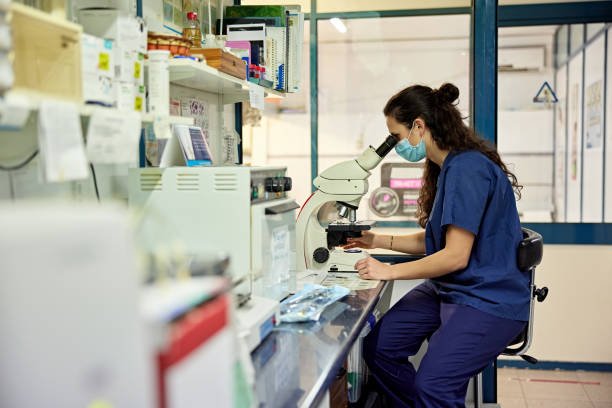How to Become a Medical Technologist in South Africa
Skip to content
Skip to footer
How to Become a Medical Technologist in South Africa
How to Become a Medical Technologist in South Africa

